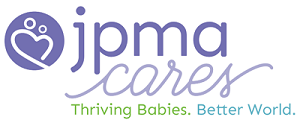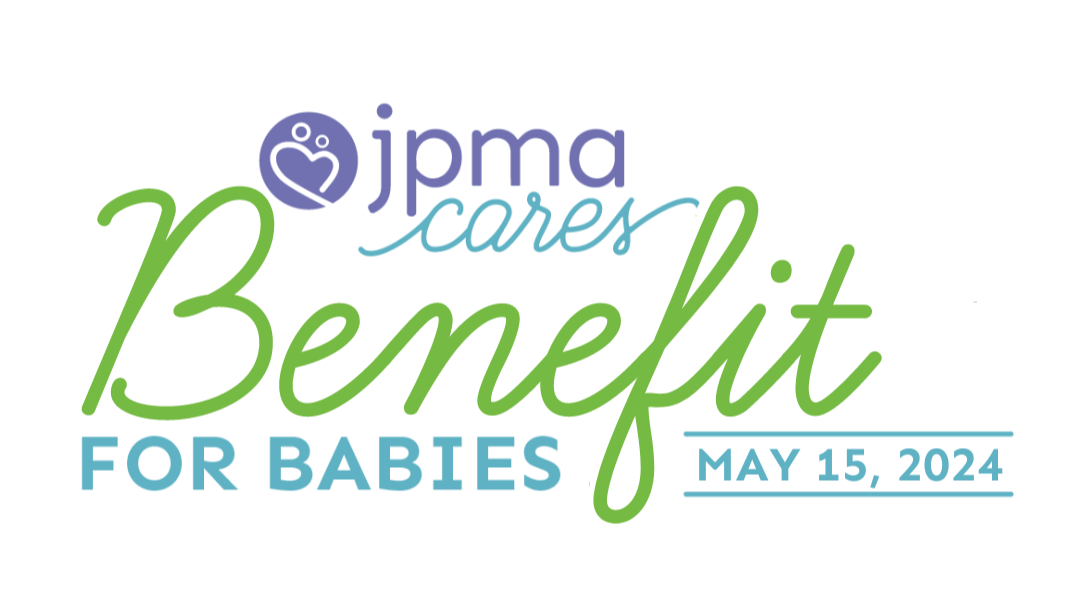Recalls & Registration Cards
Recalls happen for a number of reasons, but essentially, a recalled product has been deemed no longer safe. It is important as a parent or caregiver to stay on top of recent recalls so that you can ensure you are using products that meet the highest safety standards. This especially goes for secondhand product purchases.
Who recalls juvenile products?
In the U.S., the government recalls juvenile products through the Consumer Products Safety Commission (CPSC) and car seats are recalled through the CPSC and the National Highway Traffic Safety Administration (NHTSA). The most up to date information can be found through the CPSC, NHTSA and recalls.gov.
Why do recalls occur?
In general, recalls occur when the CPSC, working with a manufacturer, determines that a product may pose an unexpected safety risk. For instance, you won’t see a recall on a bicycle because your child might fall off (expected), but you might see a recall on a bicycle where the brakes fail (unexpected). This is an example of an unexpected risk due to a defect. Other problems might include things like parts that break unexpectedly or sharp edges being where they shouldn’t be.
Unexpected risks can also occur when there is a violation of a safety standard, rule or law. Some examples include missing warning labels, excessive levels of lead, or drawstrings on children’s clothing. Programs like JPMA’s Certification Program go a long way to protecting against these types of recalls on baby gear because they ensure the manufacturer is aware of all the rules and is following them. Mistakes can occur, but this type of recall is much less likely for products that are certified.
Lastly, sometimes products are recalled for risks that are so unexpected that they were completely unforeseen, sometimes even by those who write the safety standards. This can happen when parents do not follow the manufacturer’s instructions or use the product in a way that was never intended. In these cases, manufacturers may conduct a recall “out of an abundance of caution,” despite following all the rules and testing their products thoroughly. It is a good reminder to us all that we need to follow manufacturer’s instructions carefully to avoid unnecessary risks.
What should I do if a product I own is recalled?
The product manufacturer will provide you with instruction if your product goes through a recall. You may need additional parts or you may receive an entirely new product.
It's Not Hard! Fill Out Your Card!
The best way to make sure the items you own have not been recalled is to register them.
Why register your baby products?
- Through product registration, parents can establish a direct line of communication with the manufacturer should a problem arise with a product purchased.
- If there is a safety announcement or recall associated with that product, the manufacturer can contact you directly, to provide further details on what to do with the recalled product.
- Although recalls are announced and promoted in various ways, parents can miss public announcements. Product registration cards are an easy way for information to be provided to parents directly and efficiently.
What juvenile products have registration cards?
W CPSC znajduje się lista trwałych produktów dla niemowląt i małych dzieci, które zgodnie z prawem wymagają dołączenia karty rejestracyjnej produktu z opłatą pocztową. Firmy mają obowiązek prowadzić rejestr nazwisk, adresów, adresów e-mail i innych danych kontaktowych konsumentów, którzy rejestrują swoje produkty.
Dodatkowo na każdym z tych produktów powinna znajdować się informacja trwale umieszczona na samym produkcie. Produkt powinien zawierać nazwę producenta i dane kontaktowe, w tym adres pocztowy i bezpłatny numer telefonu, jeśli jest dostępny. Informacje powinny być umieszczone na produkcie w taki sposób, aby nie stały się nieczytelne przez cały okres użytkowania produktu i muszą być umieszczone w miejscu produktu, w którym rodzic może je zauważyć.
2 Easy Ways to Register

- The card that comes in the box: The cards are partially filled-in, with the manufacturer’s contact information provided. The parent must fill in their own information so they can be contacted by the manufacturer in the event of a recall. The information consumers are asked to provide on the cards is designed to make communication from the manufacturer as efficient as possible, given the urgency of any recall.
- Online Card: Simply visit the manufacturer website and complete the online registration form and submit.
When the manufacturer receives the contact information, they are required to keep it in a database for six years after the manufacturing date. This database is designed to make all purchasers of a specific model of product easily accessible should it be recalled.
Will my contact information be sold?
Not only can the information provided by the parent not be used for marketing or sales purposes, but it is not usable to the manufacturer for any reason other than a safety alert regarding the product.
The Bottom Line!
The ultimate purpose of the registration cards is to make sure that parents and guardians are as informed as possible regarding the safety of the products they purchase. By making sure they are informed, the manufacturer does its part in assuring the child for whom the product was purchased is protected from any product-related hazards. Thus, a parent has their worries of missing any recall announcements alleviated, and children are less exposed to potentially dangerous products. The registration card process ultimately benefits everyone from the parent to the manufacturer.

















